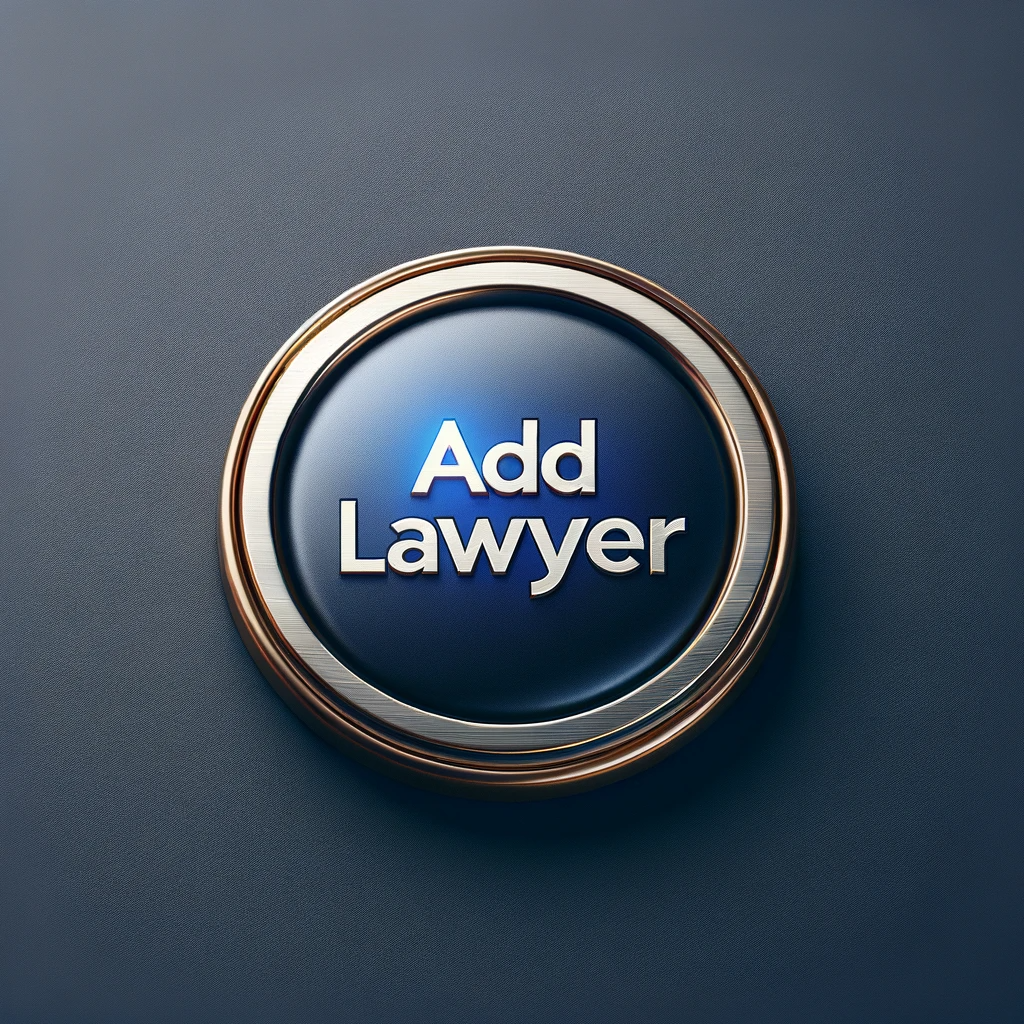117 Lawyers Founds
Filter Your Results
Juvenile Law Lawyers - Best Attorneys Near Me
Juvenile law is an area of law that focuses on cases involving minors who have been accused of committing a crime. Juvenile law lawyers specialize in representing these young individuals and ensuring their rights are protected throughout the legal process. In this article, we will explore the role of juvenile law lawyers, the types of cases they handle, the importance of hiring an experienced attorney, and how they can help you navigate the complex juvenile justice system.
What is Juvenile Law and Who are Juvenile Law Lawyers?
Understanding the role of Juvenile Law Lawyers
Juvenile law lawyers are legal professionals who specialize in handling cases involving minors, typically between the ages of 10 and 18, who have been accused of committing a crime. These lawyers are well-versed in both criminal law and family law, as juvenile cases often involve elements of both. They play a crucial role in protecting the rights and best interests of their young clients throughout the legal process.
What cases do Juvenile Law Lawyers handle?
Juvenile law lawyers handle a wide range of cases involving minors, including but not limited to:
- Juvenile offenses
- Felony charges
- Misdemeanor charges
- Criminal defense for juvenile clients
- Juvenile court proceedings
From minor offenses to serious criminal charges, juvenile law lawyers are equipped to handle various types of cases and provide the necessary legal counsel and representation to their clients.
Importance of hiring an experienced Juvenile Law Lawyer
When it comes to juvenile law cases, hiring an experienced lawyer is crucial. The juvenile justice system operates differently from the adult criminal justice system, and having a lawyer who understands these differences can significantly impact the outcome of a case. An experienced juvenile law lawyer will have a deep understanding of the laws surrounding juvenile offenses, the court system, and the best strategies for defense or negotiation. They can help minimize the potential consequences and protect the rights and future of their young clients.
How can a Juvenile Law Attorney Help You?
Exploring the responsibilities of a Juvenile Law Attorney
A juvenile law attorney has several key responsibilities when representing a minor accused of a crime. These responsibilities include:
- Providing legal advice and guidance
- Investigating the details of the case
- Building a strong defense strategy
- Representing the client in court proceedings
- Negotiating with prosecutors for reduced charges or alternative sentencing options
By fulfilling these responsibilities, a juvenile law attorney can help guide their clients through the legal process and work towards the best possible outcome.
Benefits of hiring a Juvenile Law Attorney
There are several benefits to hiring a juvenile law attorney, including:
- Expertise in juvenile law and the juvenile justice system
- Knowledge of alternative sentencing options for minors
- Ability to protect the rights and interests of their young clients
- Experience in negotiating with prosecutors
- Familiarity with local court systems and procedures
By leveraging their expertise and experience, a juvenile law attorney can significantly improve the chances of a favorable outcome for their clients.
When should you consider hiring a Juvenile Law Attorney?
If you or your child is facing criminal charges as a minor, it is essential to consult with a juvenile law attorney as soon as possible. Even minor offenses can have long-lasting consequences, and having a skilled attorney by your side can help protect your rights and navigate the complexities of the juvenile justice system.
Key Aspects of the Juvenile Justice System
Understanding the Juvenile Court System
The juvenile court system is specifically designed to handle cases involving minors. It operates under the principle of rehabilitation rather than punishment and focuses on the best interests of the child. Juvenile court proceedings are generally more private and confidential compared to adult criminal court proceedings.
What happens in the Juvenile Court System?
In the juvenile court system, a case typically begins with a formal filing of charges against a minor. The court then determines whether the minor is delinquent or in need of supervision. Depending on the severity of the offense, the court may order counseling, probation, community service, or placement in a juvenile detention center. The goal is to provide the necessary support and guidance for the minor's rehabilitation.
Differentiating between Juvenile and Adult Criminal Justice Systems
There are significant differences between the juvenile and adult criminal justice systems. For example, juveniles do not have the right to a trial by jury. Instead, judges make decisions regarding guilt or innocence and impose appropriate sanctions. Additionally, the focus of the juvenile justice system is on the rehabilitation and treatment of young offenders rather than punitive measures.
How to Choose the Best Juvenile Law Lawyer Near You
Factors to consider when selecting a Juvenile Law Lawyer
When choosing a juvenile law lawyer, there are several factors to consider:
- Experience and expertise in handling juvenile law cases
- Reputation and track record of success
- Communication and availability
- Fee structure and affordability
- Compatibility and trust
By evaluating these factors, you can make an informed decision and select the best juvenile law lawyer to represent you or your child.
Importance of checking the attorney's experience and expertise
Not all attorneys are equally knowledgeable in juvenile law. It is crucial to choose a lawyer who specializes in this area and has extensive experience representing minors in juvenile court. By doing so, you can ensure that your case is in the hands of someone who understands the nuances of juvenile law and is equipped to provide the best possible defense.
What questions should you ask during a consultation?
During a consultation with a potential juvenile law lawyer, consider asking the following questions:
- How many juvenile law cases have you handled?
- What is your success rate in negotiating favorable outcomes for your clients?
- How often do you go to trial?
- What resources do you have available to assist with my case?
- What is your approach to communication and keeping clients informed?
Asking these questions can help you gauge the lawyer's expertise and determine if they are the right fit for your case.
Top Reasons to Seek Legal Counsel for Juvenile Law Cases
The potential consequences of not seeking legal representation
Choosing not to seek legal representation in a juvenile law case can have severe consequences for both the minor and their future. Without proper legal counsel, the minor may face more significant penalties, such as lengthy incarceration or a permanent criminal record. Additionally, they may miss out on the support and resources available through the juvenile justice system.
How can a Juvenile Law Lawyer protect your rights and interests?
A juvenile law lawyer can protect the rights and interests of their clients by providing expert legal advice, building a strong defense strategy, advocating for alternative sentencing options, and ensuring fair treatment throughout the legal process. They can navigate the complex juvenile court system and work towards the best possible outcome for their clients.
Understanding the complexity of Juvenile Law cases
Juvenile law cases can be complex due to the unique aspects of representing minors and the differences in the juvenile justice system. From determining the best course of action to negotiating with prosecutors and advocating for the minor's best interests, handling these cases requires in-depth knowledge and expertise in juvenile law. Hiring a juvenile law lawyer ensures that you have someone on your side who understands these complexities and can guide you through the process.
How useful was this page?
Click on a star to rate it!
Average rating 5 / 5. Vote count: 141
No votes so far! Be the first to rate this page.


